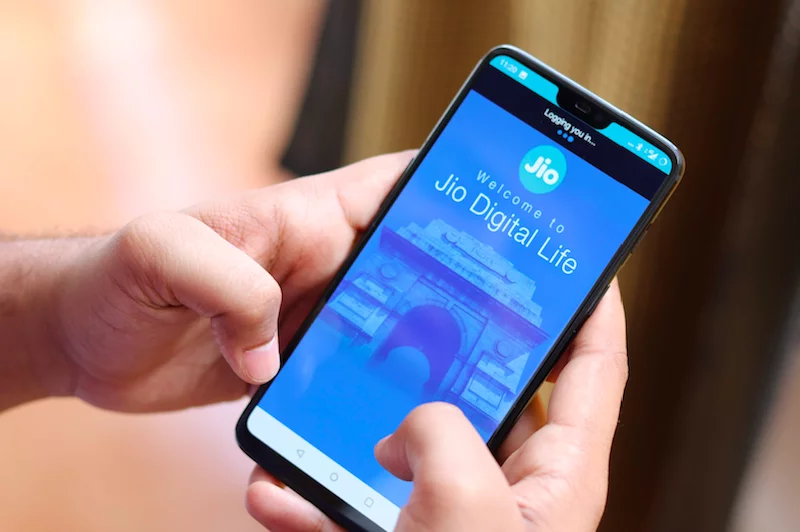Rising hunger for data amongst Indians led to 109% growth in data traffic in 2018, fuelled primarily by 4G adoption, according to a latest study. Nokia's annual Mobile Broadband India Traffic (MBiT) Index study of mobile broadband performance in India showed that the average data usage grew 69% in 2018 to touch 10GB per user per month in December 2018. Interestingly, the 4G growth has come at the cost of 3G data traffic, which has suffered a marginal decline in 2018. "By the end of 2018, there were more than five times as many 4G subscribers as there were 3G subscribers," the study said.

"Significant drop in data tariffs, coupled with the availability of economical 4G devices, led to the growth of the number of 4G subscribers by 137%. Further, the widespread migration of users from 3G to 4G devices also contributed to the increase in the consumption of 4G data traffic in the country," it said.
A rising number of people in the country are experiencing broadband for the first time on mobile and becoming increasingly aware of the vast opportunities of broadband in the country, said the study. Smaller cities and towns experienced the highest increase in 4G traffic in 2018, as video streaming and media apps gained ground.
"This growth is led by the growing popularity of video streaming and video content in local languages on the various over-the-top (OTT) applications. The emergence of new media apps, like TikTok, has further led to an increase in video consumption. As the popularity of video streaming increases, telcos will need to provide better coverage and capacity in the rural sector as well," it said.
Sanjay Malik, Head of India market at Nokia, said the surge in broadband consumption is likely to continue in the next few years since the current broadband penetration is just 45 % in the country.
"Further, the growth will be fuelled by 4G network expansions as telcos enhance the coverage and provide better network experience to the end consumer. Going forward, the service providers will need to expand the 4G network and evolve their network infrastructure to support 5G in the near future," Malik said.















